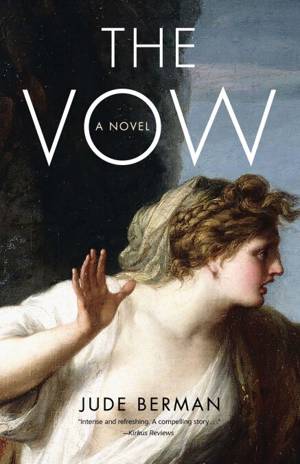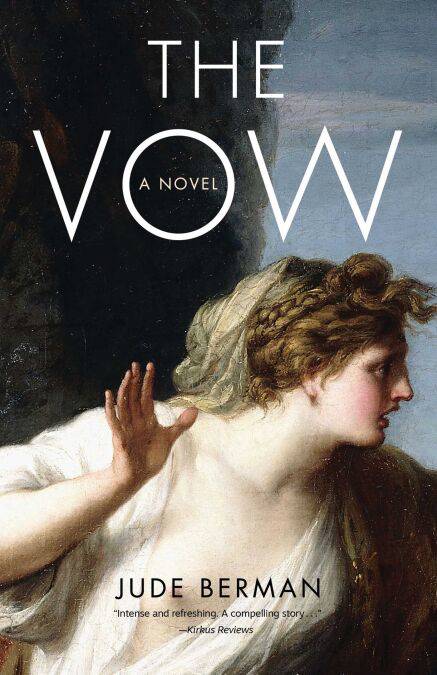
- Afhalen na 1 uur in een winkel met voorraad
- Gratis thuislevering in België vanaf € 30
- Ruim aanbod met 7 miljoen producten
- Afhalen na 1 uur in een winkel met voorraad
- Gratis thuislevering in België vanaf € 30
- Ruim aanbod met 7 miljoen producten
Zoeken
Omschrijving
In a stunning work of feminist historical fiction for readers who loved Dawn Tripp’s Georgia and Whitney Scharer’s The Age of Light, Jude Berman brings painter Angelica Kauffman to life.
Accused of dressing as a boy to study in the prestigious galleries of eighteenth-century Italy, child prodigy Angelica Kauffman has set high goals for herself. She is determined to become a history painter, a career off-limits to women. To ensure her success, she has vowed never to marry.
When a new patron invites her to London, Angelica befriends famous artists, paints portraits of Queen Charlotte and other royalty, and becomes a founding member of the Royal Academy. While still in London, an alluring but mysterious Swedish count makes her an offer that may be too tempting to resist. Then, upon returning to Italy, she meets Wolfgang von Goethe.
Time and time again, Angelica faces the insurmountable obstacles and great personal sacrifices that come with being an independent woman. The vows she makes, big and small, are repeatedly challenged. Will she break free from the traditional male/female binary and the many oppressive social dictates of her time and learn to “paint with her soul” . . . or is a vow of a different sort necessary if she is to answer the deepest call of her heart?
Accused of dressing as a boy to study in the prestigious galleries of eighteenth-century Italy, child prodigy Angelica Kauffman has set high goals for herself. She is determined to become a history painter, a career off-limits to women. To ensure her success, she has vowed never to marry.
When a new patron invites her to London, Angelica befriends famous artists, paints portraits of Queen Charlotte and other royalty, and becomes a founding member of the Royal Academy. While still in London, an alluring but mysterious Swedish count makes her an offer that may be too tempting to resist. Then, upon returning to Italy, she meets Wolfgang von Goethe.
Time and time again, Angelica faces the insurmountable obstacles and great personal sacrifices that come with being an independent woman. The vows she makes, big and small, are repeatedly challenged. Will she break free from the traditional male/female binary and the many oppressive social dictates of her time and learn to “paint with her soul” . . . or is a vow of a different sort necessary if she is to answer the deepest call of her heart?
Specificaties
Betrokkenen
- Auteur(s):
- Uitgeverij:
Inhoud
- Aantal bladzijden:
- 368
- Taal:
- Engels
Eigenschappen
- Productcode (EAN):
- 9781647427894
- Verschijningsdatum:
- 14/10/2024
- Uitvoering:
- E-book
- Beveiligd met:
- Adobe DRM
- Formaat:
- ePub

Alleen bij Standaard Boekhandel
+ 14 punten op je klantenkaart van Standaard Boekhandel
Beoordelingen
We publiceren alleen reviews die voldoen aan de voorwaarden voor reviews. Bekijk onze voorwaarden voor reviews.











